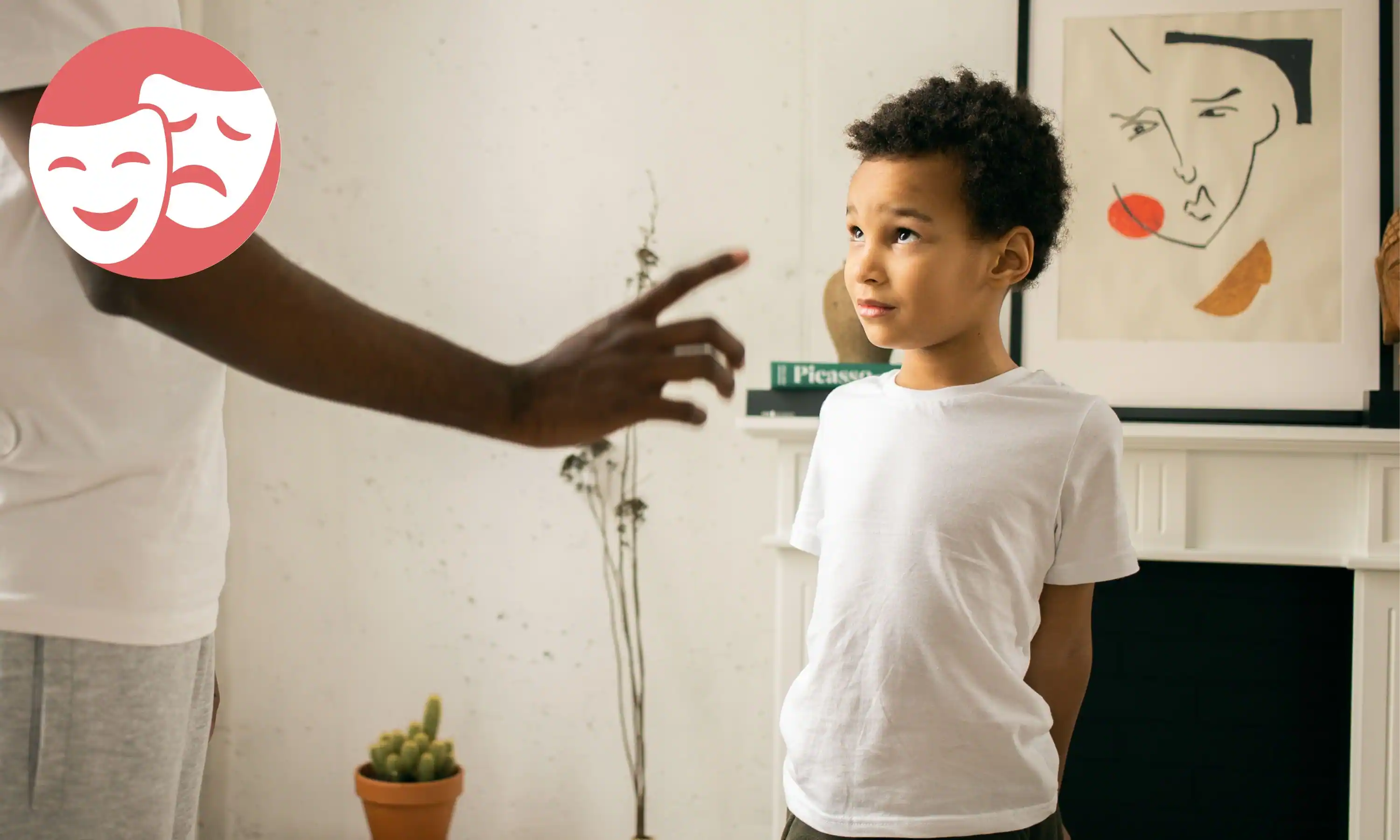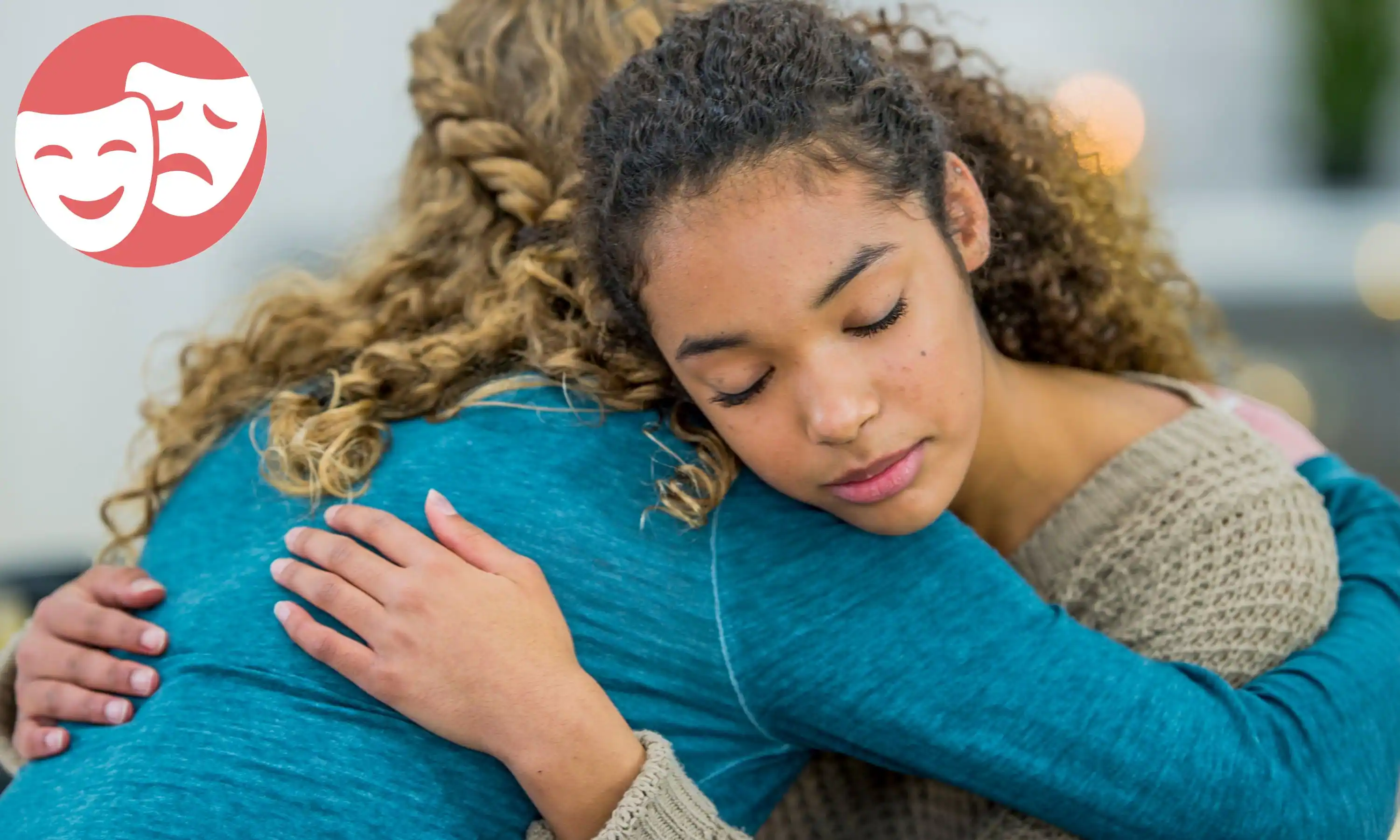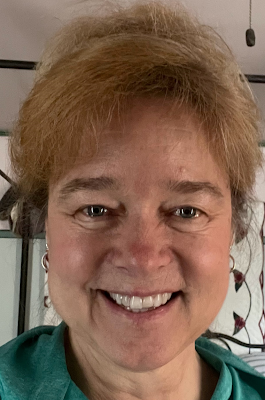Guide Your Child Through Hard
Times With Hope
Build their resilience, discipline, and financial wisdom during challenges.
Resilience Through Hardship
Designed with educators, backed by psychology, and
easy to integrate into your school’s
routine.

Plan Objectives
 Building Financial Awareness
Building Financial Awareness
Teach children the basics of budgeting, saving, and making responsible financial choices.
 Developing Self-Discipline
Developing Self-Discipline
Help children understand the importance of planning and managing their financial habits wisely.
 Encouraging Resilience
Encouraging Resilience
Support children in handling economic challenges with confidence and a positive mindset
 Setting and Achieving Goals
Setting and Achieving Goals
Guide children to establish realistic financial and personal goals for the future.
Why This Plan?
This plan addresses the following challenges by developing targeted skills

My child consistently makes poor financial choices

My child is easily influenced

My child does not have future goals

My child can not distinguish between needs and wants
My child consistently makes poor financial choices
How This Plan Helps
Provides children with financial literacy skills to make informed money decisions.
Skill: Finance
Course: Financial Literacy I
My child is easily influenced
How This Plan Helps
Teaches children self-control and prioritization when making financial and personal choices.
Skill: Self-Discipline
Course: The Art of Self-Discipline
My child does not have future goals
How This Plan Helps
Encourages children to set financial and personal goals despite challenges.
Skill: Resilience
Course: Resilient You: What is Resiliency?
My child can not distinguish between needs and wants
How This Plan Helps
Helps children recognize the difference between essential and discretionary spending.
Skill: Self-Awareness
Course: Exploring You: A Journey to Self-Awareness
01 Making Smart Spending Decisions
Teaches children how to prioritize spending and manage a budget.
02 Practicing Self-Control with Money
Helps children develop self-discipline and avoid impulsive spending.
03 Setting Financial and Life Goals
Encourages children to establish realistic and meaningful financial goals.
04Recognizing Needs vs. Wants
Guides children in distinguishing between necessary expenses and non-essential desires.
Real-Life Applications
How this plan's skills apply to real-world scenarios for everyday success
Courses Included


Financial Literacy I
Intellectual
Finance
Course Details:
Modules: 4 |
Lessons: 33
Money Management:Understand the crucial role of budgeting and goal setting in managing finances.
Spending Decisions: Differentiate needs from wants to make informed financial choices.


The Art of Self-Discipline
Emotional
Self-Discipline
Course Details:
Modules: 4 |
Lessons: 32
Better Decisions: Develop self-discipline for improved decision-making and focus.
Emotional Regulation: Manage emotions to reduce impulsive behaviors and build resilience.


Resilient You: What is Resiliency?
Emotional
Resilience
Course Details:
Modules: 4 |
Lessons: 31
Resilience Building: Enhance resilience through effective goal-setting and learning from setbacks.
Emotional Regulation: Improve well-being by developing skills for managing stress and emotions.


Exploring You: A Journey to Self-Awareness
Emotional
Self-Awareness
Course Details:
Modules: 4 |
Lessons: 32
Emotional Intelligence: Recognize and manage emotions to improve mental well-being.
Self-Awareness: Understand how personal values influence decision-making.
Meet the Course Creators

Heather Gossler
Financial Literacy I
Heather Gossler
Financial Literacy I
A part-time teller job led to an MBA from DeSales University in the United States and a 27 year career in the finance and banking industry. I developed a youth banking program at my bank believing that it is never too young to learn to make good financial decisions. I took the program out into the surrounding communities’ schools to teach students basic finance. I then discovered that my true calling was education. I left the executive offices of banking and began my teaching career, which I’ve been doing for 15 years. I went back to school and earned my M.Ed. in Educational Leadership from Cabrini College. I’ve taught middle school students the subjects of U.S.History, English and Language Arts, Science, and Family and Consumer Science which included a unit on personal finance. My ultimate goal is to help students find their passion for learning what it takes to be the best person they can be.

Melissa Miletic
The Art of Self-Discipline
Melissa Miletic
The Art of Self-Discipline
Melissa Miletic is a dynamic educator with over ten years of experience in education, beginning her journey with a transformative volunteer stint abroad at 18. She has since navigated all facets of education, from policy-making to classroom teaching, driven by her multicultural upbringing and a deep belief in the value of diversity. Committed to providing holistic, inclusive, and high-quality education, Melissa strives to impact learners across all demographics and geographies. Her approach blends modern methodologies with a global perspective, aiming to make learning engaging, relevant, and accessible to everyone. Holding a double bachelor’s degree in International Relations and Communication from the University of South Florida and a master’s in International Education from New York University, Melissa’s expertise lies in crafting educational experiences that resonate universally. Her professional and personal mission is to champion education as a transformative force, bridging cultural divides and fostering understanding in a connected world.

Dr. Kymberli Barker
Resilient You: What is Resiliency?
Exploring You: A Journey to Self-Awareness
Dr. Kymberli Barker
Resilient You: What is Resiliency?
Exploring You: A Journey to Self-Awareness
Dr. Barker is the mother of two fantastic young men, and they are her priority in life. She holds degrees in biochemistry, math, forensics, and psychology. She is a consultant and a professor at multiple colleges, including the Citadel, and Johns Hopkins Center for Talented Youth. She spent fifteen years in public education, prior. Her personal focus is child advocacy and she developed the Guardian ad Litem/(GAL)/CASA program for the Eastern Band of Cherokee Indians. She is tribally and state sworn as a GAL. Her favorite thing is being a mom.
Sample Lesson Preview 
Financial Literacy I
The Value of Money
The value of money
We learned that the value of money originally came from gold that backed it. Today, however, its value comes from the faith in the government and the demand for it.
Value can be very different for different people and in different situations.
Think of something you have that is very valuable to you.
-
Would you be willing to sell it for money?
-
Is there something that you really want but costs a lot of money; do you think it is worth as much as it costs?
Write down your thoughts in your Money Journal!
Sample Lesson Preview 
The Art of Self-Discipline
Impulse Control
Think Before You Leap
Let's talk about impulse control – a legit life skill for everyone. Impulse control is stopping yourself from doing something right away, so you can think about it and make a better choice. Picture this: you’re on your phone, and you get sucked into a scroll session instead of tackling that math homework. Impulse control is like your own coach in your mind saying, “Hey, let's think for a sec.”
It can be hard to stop yourself sometimes, but here’s a cool trick: the “Pause-Plan-Play” method. First, hit the pause button on your impulse. Just take a moment to chill. Then, plan out the pros and cons of what you’re about to do. Ask yourself, “Is this going to help me or set me back?” Finally, play it smart – make the choice that’s going to be better for you in the long run.
Sample Lesson Preview

Resilient You: What is Resiliency?
What is Resilience?
What is Resilience?
What exactly needs to be developed to become resilient?
Many agree there are different levels of resilience to be expected at different ages and even in different fields.
For example training on military resilience is very different from how we would discuss it with teens. This course will introduce concepts for variations and provide links to additional information.
For now, we are going to begin with the idea of the 7 Cs mentioned by Coach Reese. Here they are again in case you missed them: Confidence, Competence, Connection, Character, Contribution, Coping, Control.
These seven concepts really summarize where we need to focus our attention to become stronger in certain areas of our lives.
The students will be developing their personal research focusing on one or more of these areas.
You might consider researching along with them. Where do you think you might work a bit more on skills for bouncing back?
Sample Lesson Preview 
Exploring You: A Journey to Self-Awareness
Thinking about Thinking
Thinking About Thinking
-
Self Awareness involves recognizing aspects of who you are as a person. This includes what you think and feel, how you react, and importantly, why.
-
A good practice in developing self-awareness is focusing on your thoughts. What are you thinking? When do you have certain thoughts? Why do you have these thoughts? Are they productive or harmful?
-
We will begin with thinking about thinking. Our brains are the greatest supercomputers ever created. We have so many thoughts and we process them so quickly we are often unaware of their existence.
-
By learning to think about thinking we begin to focus on our thought life, which ultimately becomes our real life.
